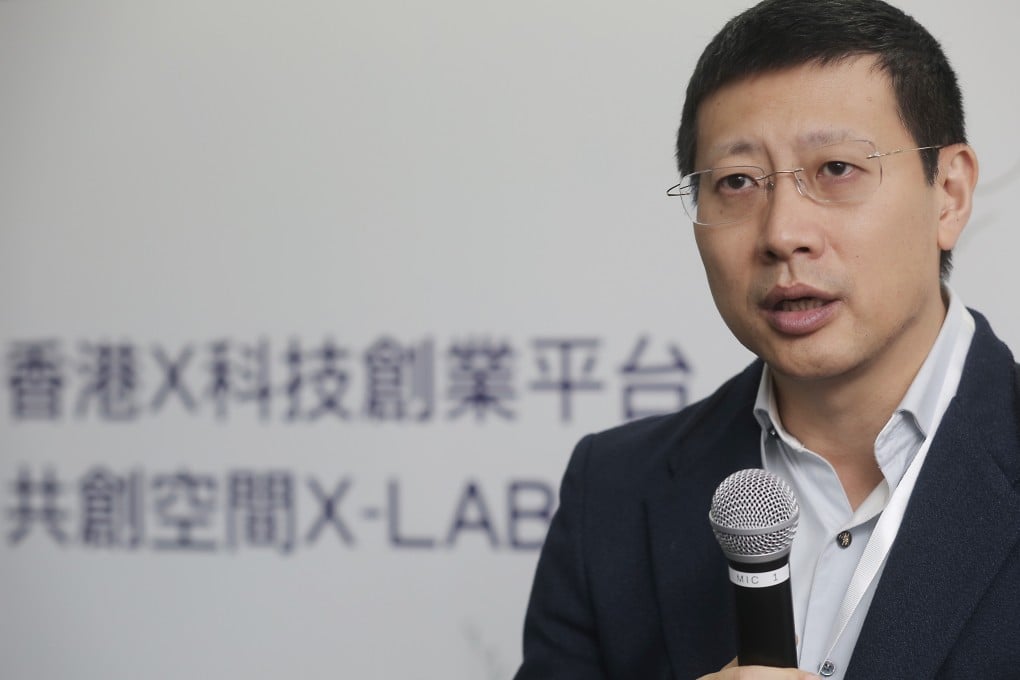Sequoia Capital splits into 3 firms, separating China operations from the US, amid rising geopolitical tensions
- The firm will brand its Chinese arm as ‘HongShan’, the local pronunciation of Sequoia
- ‘It has become increasingly complex to run a decentralised global investment business’, according to a letter penned by managing partners

US venture capital giant Sequoia Capital has decided to split its business into three geographic units, with each adopting a distinct brand, including an independent Chinese entity amid escalating trade tensions between the world’s two-largest economies.
No later than March 31 next year, the firm will brand its Chinese arm as “HongShan”, the local pronunciation of Sequoia, while the Indian and Southeast Asian body will become Peak XV Partners. The US and Europe unit will remain as Sequoia Capital, the company said in a letter to its limited partners published on Tuesday.
“It has become increasingly complex to run a decentralised global investment business,” according to the letter, co-penned by Roelof Botha, Neil Shen and Shailendra Singh, the firm’s managing partners in the US/Europe, China and India/SEA, respectively.
“Using centralised back-office functions [has become] more of a hindrance than an advantage,” it said. “As each entity’s portfolio has expanded to include companies that are becoming global leaders, we’ve seen growing market confusion due to the shared Sequoia brand as well as portfolio conflicts across entities.”
Founded in 2005, Sequoia China has backed some of the largest technology firms founded in the country, including e-commerce giants Alibaba Group Holding and JD.com, TikTok owner ByteDance and retail powerhouse Shein, achieving lucrative exits through offshore listings in some cases. Alibaba owns the South China Morning Post.